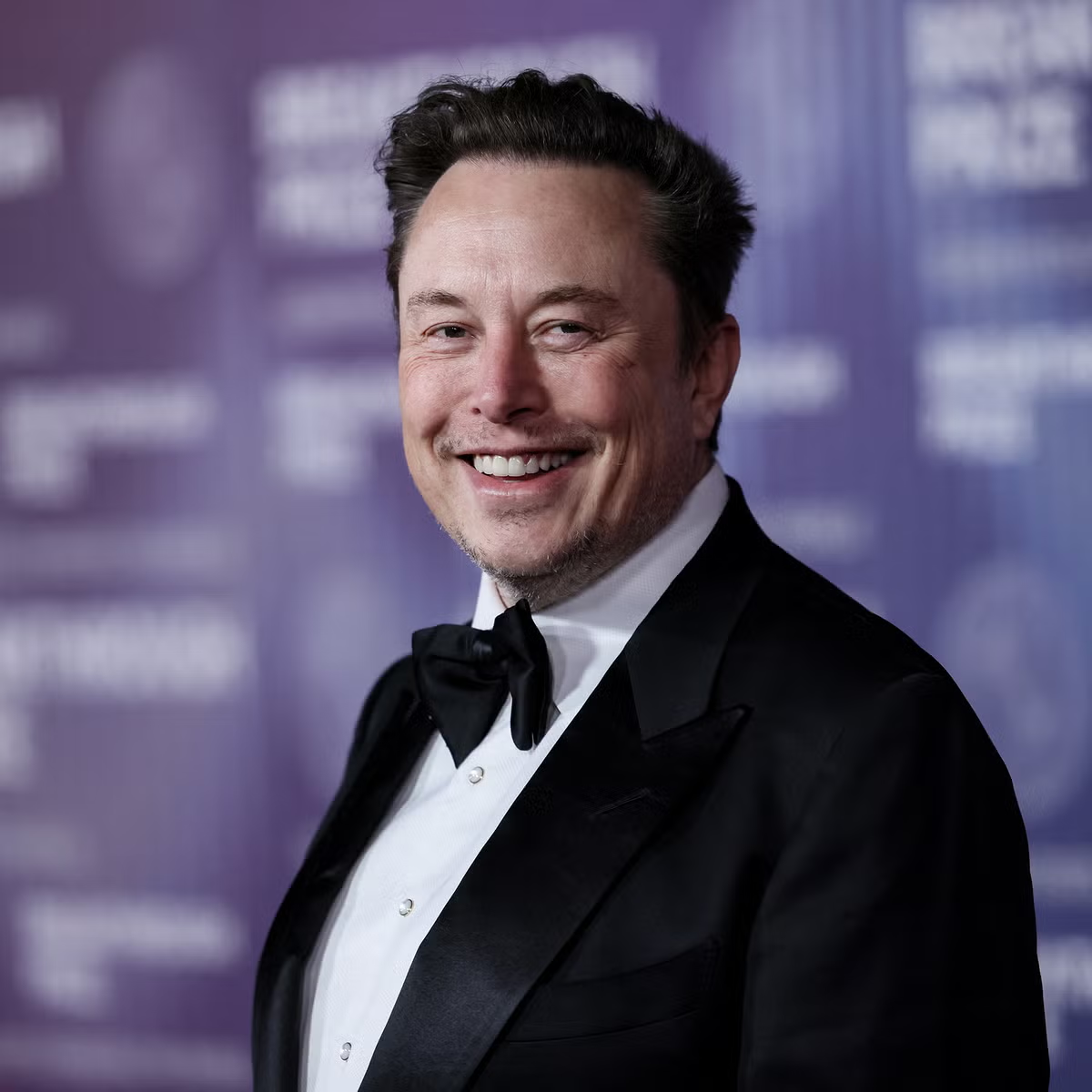When it comes to transformational leadership in the 21st century, Elon Musk leadership stands in a league of his own. As CEO of Tesla, SpaceX, and Neuralink, Musk has disrupted industries, challenged societal norms, and inspired millions of entrepreneurs worldwide.
TL;DR: Elon Musk Leadership
Elon Musk leadership is defined by bold vision, relentless innovation, and a high-performance culture. He leads by example, sets ambitious goals, embraces risk, and inspires teams to push the limits of what’s possible.
Let’s dive into the core strategies behind Musk’s extraordinary success—and uncover actionable lessons for today’s business leaders.
The Core of Elon Musk Leadership Philosophy
1. Visionary Thinking: Dreaming Beyond Limits
At the heart of Elon Musk leadership lies a commitment to bold, audacious goals. Whether it’s colonizing Mars through SpaceX or revolutionizing sustainable transport with Tesla, Musk consistently sets objectives that others consider impossible. His “moonshot mentality” doesn’t just inspire—it mobilizes teams to redefine entire industries.
Leadership Insight:
“Visionary leaders don’t just solve today’s problems—they create tomorrow’s realities.”
2. Transformational Leadership: Igniting Passion and Purpose
Musk exemplifies transformational leadership, blending inspiration with sky-high expectations. He empowers his teams to innovate relentlessly while maintaining a relentless drive for excellence. At SpaceX, this approach led to the once-unthinkable achievement of reusable rockets.
Hallmarks of Musk’s Approach:
- Uncompromising Standards: Pushing teams beyond perceived limits.
- Mission-Driven Culture: Rallying employees around groundbreaking purposes like “making life multiplanetary.”
Inside the Elon Musk Leadership Playbook: Winning Strategies for Leaders
3. Calculated Risk-Taking: Betting on the Future
Elon Musk’s leadership style embraces calculated, courageous risk-taking. From electric cars to brain-machine interfaces, Musk backs ambitious technologies, mitigating risks through constant testing and collaboration. Early failures at SpaceX weren’t disasters—they were stepping stones to world-changing success.
Risk Management Lessons:
- Fail Forward: “If things are not failing, you’re not innovating enough.”
- Adapt Rapidly: Pivot when new opportunities or challenges arise, like Tesla’s strategic shift to in-house battery production.
4. Relentless Work Ethic: Setting the Standard
Musk’s notorious 80–100-hour workweeks aren’t just legend—they’re a leadership tool. By immersing himself deeply in technical and operational challenges, Musk not only drives performance but earns deep credibility among his teams, helping Tesla emerge from production “hell.”
Leadership Reminder:
“In the world of transformational leadership, hard work isn’t optional—it’s essential.”
5. A Hybrid Leadership Style: Adapting to the Moment
Musk fluidly switches between leadership styles based on the situation:
- Autocratic: Fast, decisive action during crises (e.g., Tesla’s COVID-19 response).
- Democratic: Open ideation in SpaceX brainstorming sessions.
- Laissez-Faire: Empowering engineers to innovate independently.
Mastering Leadership Flexibility:
- Delegate with Trust: Give experts ownership while maintaining vision alignment.
- Encourage Fast Experimentation: Allow teams to take smart risks without fear.
Innovation and Customer-Centricity: The Growth Engines of Elon Musk’s Companies
6. Obsession with Innovation
Musk’s relentless commitment to first-principles thinking drives his companies’ disruptive breakthroughs. Whether it’s Tesla’s vertically integrated factories or SpaceX’s reusable rockets, Musk constantly questions norms to create radically better solutions.
Innovation Playbook:
- Challenge Every Assumption: Seek the most efficient, fundamental solutions.
- Invest Boldly: Allocate significant resources to cutting-edge R&D like Neuralink’s brain-machine interfaces.
7. Hyper-Focus on the Customer Experience
Beyond groundbreaking products, Musk is obsessed with delighting customers. Innovations like Tesla’s over-the-air software updates, the Supercharger network, and the direct-to-consumer model redefine what customers expect from the auto industry.
Customer-Centric Strategies:
- Proactively Solve Problems: Anticipate customer pain points before they arise.
- Leverage Real-World Data: Continuously refine products based on real-time user feedback.
Leadership Lessons for the Modern Age
8. Cultivating Resilience and Grit
Few leaders have faced more public failures than Elon Musk—and few have bounced back more spectacularly. From early SpaceX rocket explosions to Tesla’s financial crises, Musk’s resilience exemplifies the grit every leader needs.
How to Build Grit:
- Redefine Failure: View setbacks as necessary steps to ultimate success.
- Lead with Persistence: “Persistence is very important. You should not give up unless you are forced to.”
9. Embracing AI and Automation
Musk’s investments in AI—from OpenAI’s early days to Tesla’s Full Self-Driving initiative—highlight his belief in augmenting human capability through technology. His approach offers a guide for scaling organizations intelligently and ethically.
AI Leadership Insights:
- Enhance, Don’t Replace: Free human talent for higher-value work.
- Establish Ethical Guardrails: Ensure AI development aligns with company values.
10. Empowering High-Performance Teams
At SpaceX and Tesla, Musk hires for attitude and mission alignment over traditional credentials. Passionate, adaptable individuals thrive because they share his relentless drive for impact.
Building Elite Teams:
- Hire Mission-Driven Talent: Prioritize cultural fit and hunger over pedigree.
- Create Ownership Opportunities: Let teams lead projects—and learn from failures.
Conclusion: Leading Boldly in the Age of Disruption
Elon Musk’s leadership style is a powerful blend of visionary audacity, relentless execution, and tactical flexibility. His ability to inspire, adapt, and empower has built companies that don’t just succeed—they transform the world.
For leaders like Lomit Patel, Chief Growth Officer at Tynker, Musk’s playbook provides critical guidance:
- Set Bold Visions: But start with practical, iterative steps.
- Fuel Passion Across Teams: Your energy determines your organization’s culture.
- Leverage AI Thoughtfully: Technology should amplify human potential, not replace it.
In an unpredictable world, Musk reminds us that courageous leadership, a customer-first mentality, and an obsession with innovation are the timeless keys to lasting success.
Scale growth with AI! Get my bestselling book, Lean AI, today!





